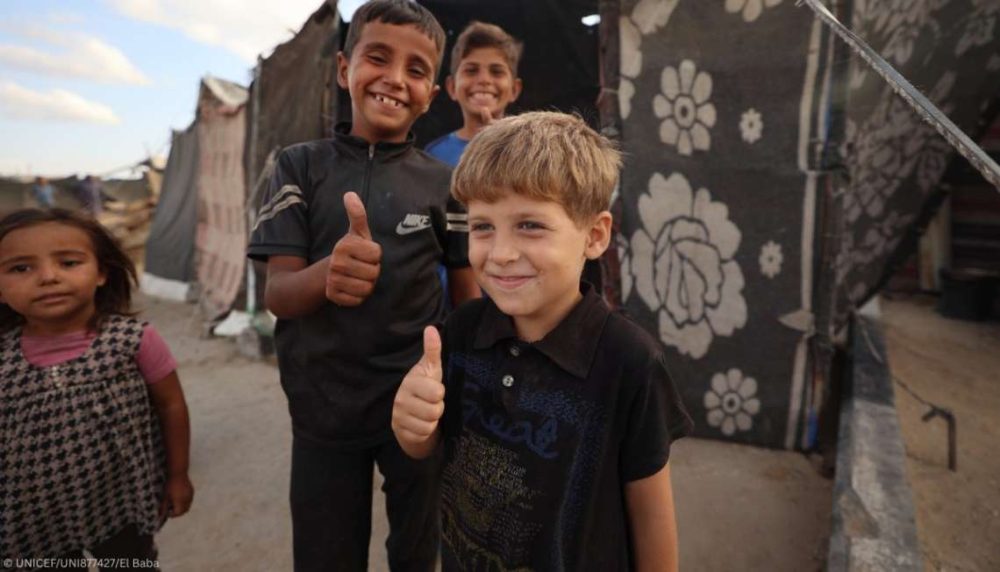For rich countries combined, growth is projected at half a percentage point this year. But for the rest of the world, there is a compensatory decline, leaving the global forecast for 2021 unchanged at six percent…reports Asian Lite News.
Economic prospects between rich and poor countries have had an even bigger gap due to different approaches to the COVID-19 vaccine, the International Monetary Fund (IMF) said.
In a new assessment of the global outlook, the IMF stated that the world is increasingly divided into two blocs.
It has improved growth forecasts for developed economies for this year, including Britain, but forecasts for many developing countries are weaker than expected, reports the BBC.
The IMF states that there is a division between those countries “that can hope for further normalization of activities later this year (almost all advanced economies) and those that will continue to face recurrent infections and an increasing number of deaths from COVID-19”.
The report states that in rich countries, almost 40 percent of the population is fully vaccinated. In emerging market economies (more advanced developing countries) this is less than half and only a “small fraction” in low-income countries.
For rich countries combined, growth is projected at half a percentage point this year. But for the rest of the world, there is a compensatory decline, leaving the global forecast for 2021 unchanged at six percent. An upgrade to 4.9 percent follows next year.
However, the IMF warns that even in countries with a very low level of COVID-19 infection, economic recovery is not ensured as long as the virus is circulating in other countries.
Earlier, the World Health Organisation (WHO) and the European Centre for Disease Prevention and Control (ECDC) have called for the reinforcement of enhanced efforts to prevent the transmission of the Delta Covid-19 variant as it has become the most dominant strain across much of the continent.
The Delta variant is moving fast across Europe based on surveillance data collected between June 28 and July 11, the two world bodies said in a joint statement released on Friday.
“Based on current trends, the Delta variant will be the globally dominant strain over the coming months and has already been identified in almost all European countries.
“It will continue to spread, displacing the circulation of other variants unless a new, more competitive virus emerges,” Xinhua news agency quoted the statement saying.
Hans Kluge, regional director of WHO Europe, said that “we are seeing a significant rise in cases associated with the spread of the highly transmissible Delta variant.”
He warned that despite tremendous efforts to inoculate people, millions more remain unvaccinated and therefore at risk of ending up in hospital.
The WHO official reiterated that receiving a full vaccination series significantly reduces the risk of severe disease and death.
“When called to do so, people should get vaccinated.”
Both organisations noted that intensive implementation of the current public health measures, including increased access to testing, will be required to control Covid-19 transmission, particularly while the progress of vaccination is still not sufficiently high in many countries.
“We need to remain vigilant and continue to use common sense to prevent the spread of the virus,” Andrea Ammon, ECDC director, said in the statement.
ALSO READ-Long wait for Covid-19 test brings misery for Int’l flyers at Chennai airport














